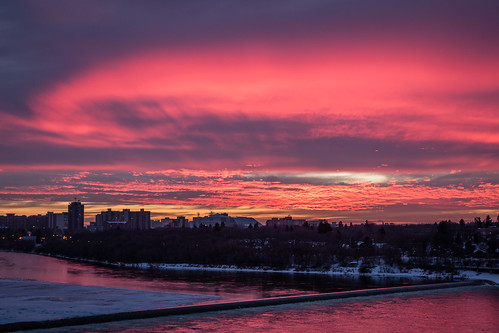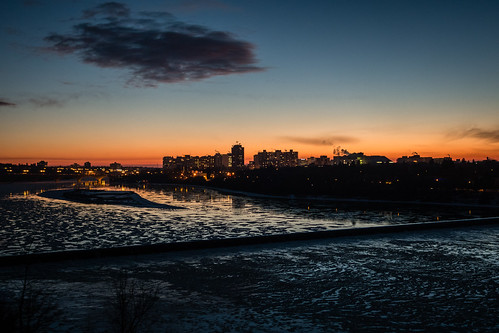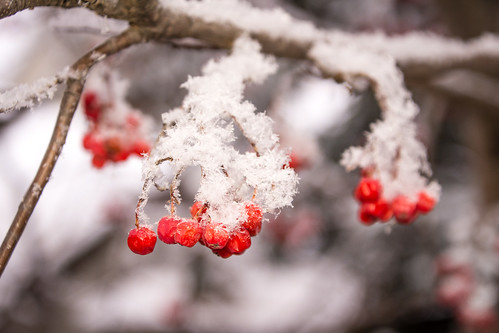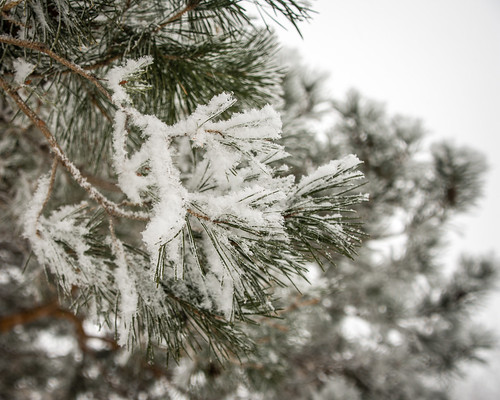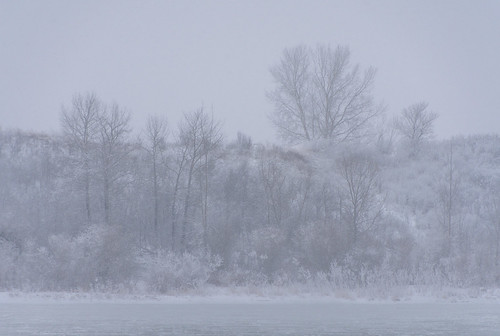Living in a city with streets and buildings, carefully manicured gardens and pets, it’s easy to feel that humans have tamed nature. If nature does intrude on our neatly planned urban lives with a winter storm or a coyote sighting, we often become irritated. Nature is great so long as it’s pretty (pelicans at the weir) and manageable (parks with walkways and playgrounds).
Several years ago a group of volunteers, under the leadership of
Candace Savage, came together to reconnect city dwellers with the wild lives and life-sustaining processes going on all around us.
Wild About Saskatoon sponsors the annual
NatureCity Festival whose long-term purpose is to foster a broad and vocal community, ready to take action to protect the diversity of life both at home and elsewhere.
The first festival was held in 2013, and it has been held every year since. Plans are already underway for the
2016 NatureCity Festival from
May 24-29.
Festival Participation
One of the most exciting aspects of Saskatoon’s NatureCity Festival is the diversity of organizations hosting activities during the week-long event. The Wild About Saskatoon volunteer collective organizes a handful of keynote activities, but the bulk of the programming is carried out by local groups who are invited to draw attention to the natural beauty of our city and the many ways in which we rely on nature to survive.
1800 people participated in the 2015 Festival, a 20% increase over 2014, with 72 organizations and businesses taking part. Activities ranged from art exhibits, animal yoga poses, and a concert by the river to a plant exchange, wetland cleanup, native plant hike, and birding for beginners.
Keynote Events
Each year, Wild About Saskatoon invites guest speakers to contribute to the local conversation around urban nature. In addition to a public event, the speakers frequently facilitate workshops for municipal officials, volunteer advocates, and other interested parties.
A
2015 workshop on creating nature-oriented play spaces for children was sold out and attracted participation from both school systems and other agencies such as the Saskatoon Tribal Council and provincial Ministry of Education.
The theme of the 2015 Festival was
Healthy by Nature and helped to create
connections with the health care community.
Free programming for school groups of all age levels supplements the public program. 2015 activities included a trip to Chappell Marsh, insects, bees, bison, and Aboriginal traditional knowledge.
2016 NatureCity Festival
Planning is underway for the 2016 NatureCity Festival and there are various new initiatives to look forward to.
Maria Campbell, author, playwright, cultural teacher, and Métis elder, has agreed to be the
keynote speaker on
May 24 at the Broadway Theatre. She will address the theme of
Reconciliation with the Land. What will it mean, now and in the future, to live respectfully with our own home place, right here in the city of Saskatoon? How can we honour all our relations: the birds, animals and plants that share this place with us – the land, the air, and the water that sustain our lives?
A panel discussion on
March 17 at Station 20 West involving Indigenous people and organizations will provide an opportunity to begin considering the theme in terms of reconciliation among prairie peoples.
Festival organizers believe that connecting with the natural landscape can make newcomers feel more at home, so they are making an extra effort this year to involve newcomers in Festival activities. Organizations are invited to a lunch-time meeting on
January 26 with Larissa Sandri Meleiro from the
Saskatoon Open Door Society who will share ideas on how to plan events with new Canadians in mind.
The Northeast Swale is central to discussions around urban planning in Saskatoon and honouring our relations with the birds, plants, and animals that share this space with us. Wild About Saskatoon, in conjunction with the
Northeast Swale Watchers and
Meewasin Valley Authority, is planning a
Bioblitz of the Swale during the Festival to establish permanent monitoring quadrants that can be re-assessed periodically to keep track of how the area is changing.
National Impact
Saskatoon’s NatureCity Festival has attracted national attention.
The work that Wild About Saskatoon has been doing, together with a similar event the group inspired in Vancouver (
Wild about Vancouver) has been noticed by Earth Day Canada and the Canadian Wildlife Federation. Those two organizations are now applying for funding to encourage the creation of similar events in Halifax, Fredericton, Montreal, Ottawa, Toronto, Calgary and Edmonton, with Wild About Saskatoon as advisers.
Writes Lindsay Bunce of Earth Day Canada,
"We have been so inspired by the work that you...have launched in Saskatoon...."
If you or your organization is interested in participating in the 2016 NatureCity Festival, contact Wild About Saskatoon at wildaboutsaskatoon@gmail.com or sign up online
EcoFriendly Sask is proud to be an annual sponsor of Wild About Saskatoon’s NatureCity Festival.
Photo Credit: Photo #1 and #3 - Branimir Gjetvaj, Photo #2 - Karin Schwier, Photo #4 - Candace Savage
